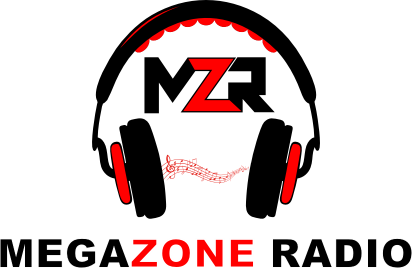Tensions between the world’s two largest economies escalated sharply on Tuesday as China pledged to “fight to the end” against newly threatened US tariffs, deepening a trade war that has already rocked global financial markets.
US President Donald Trump triggered the latest flare-up after announcing potential tariffs of up to 50% on Chinese goods, warning of even steeper penalties if Beijing continues to retaliate. The White House move came despite a dramatic market downturn and rising fears of a global recession.
Beijing swiftly responded by confirming it would impose 34% tariffs on US imports starting Thursday. Trump, undeterred, fired back, threatening additional duties that would push overall tariffs on Chinese goods to a staggering 104%.
“I have great respect for China, but they cannot do this,” Trump said during a briefing at the White House. “We’re going to have one shot at this… and it’s an honour to do it.”
China’s commerce ministry accused the US of “blackmail” and vowed to take decisive countermeasures if Washington continues on its current course. “If the US insists on going its own way, China will fight it to the end,” a ministry spokesperson declared, emphasizing that while China prefers dialogue, it will defend its interests.
Global Markets in Turmoil
The escalating tariff threats have sent shockwaves through global markets. Hong Kong’s Hang Seng Index plunged 13.2% on Monday — its steepest decline since the 1997 Asian financial crisis — before recovering slightly on Tuesday. US stocks also dropped, with the Dow and S&P 500 both closing in the red after a volatile trading session.
According to Eskom, trillions of dollars in market value have been wiped out in recent days amid investor concerns about inflation, rising costs, and slowing economic growth.
Despite the financial fallout, Trump remained defiant. He ruled out delaying the tariffs and canceled planned talks with Chinese officials, though he left the door open for discussions with countries willing to negotiate.
Broader Fallout and Global Response
China’s central bank moved to calm markets by reaffirming its support for a sovereign wealth fund purchasing exchange-traded funds. Meanwhile, in Tokyo, stocks rallied after US Treasury Secretary Scott Bessent suggested Japan would be prioritized in negotiations due to its willingness to engage early.
Trump’s broader tariff strategy, which includes a 10% baseline levy on global imports that began Saturday, is drawing widespread international criticism. Countries from the European Union to Israel have voiced concern, with the EU considering its own countermeasures — including a digital tax aimed at major US tech firms.
French Trade Minister Laurent Saint-Martin urged the EU to respond assertively: “We must not exclude any option… the European toolbox is comprehensive and can be extremely aggressive.”
Domestic Pushback
Within the US, concerns are mounting over the potential domestic impact. JPMorgan Chase CEO Jamie Dimon warned of inflationary pressure and slower economic growth, while Republican Senator Ted Cruz voiced fears that a recession could prove politically disastrous for the GOP in next year’s midterm elections.
While Trump continues to argue that tariffs will bring manufacturing back to American shores, many economists dispute this, labeling the strategy arbitrary and risky.
“Don’t be Weak! Don’t be Stupid!” Trump urged Americans, doubling down on his economic gamble.
As the rhetoric intensifies and markets remain on edge, the world watches closely to see whether the standoff ends in negotiation — or further escalation.


